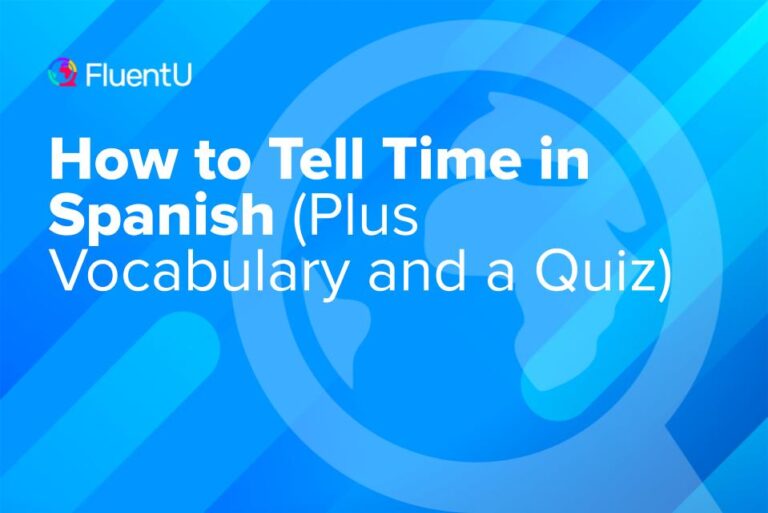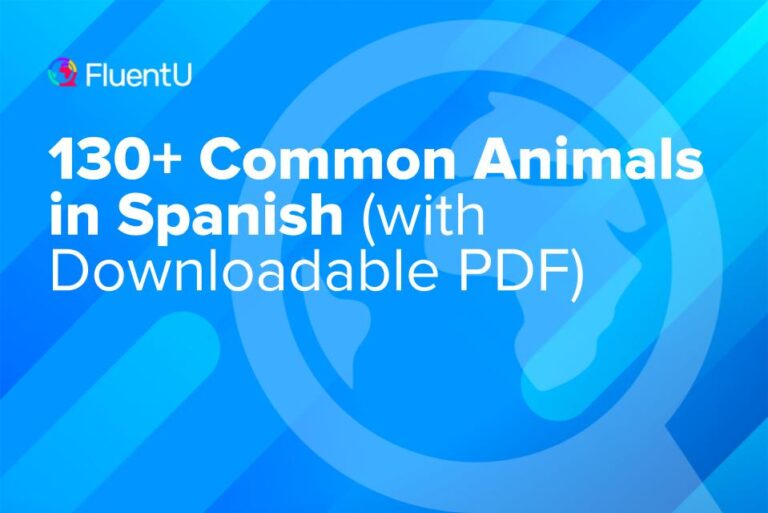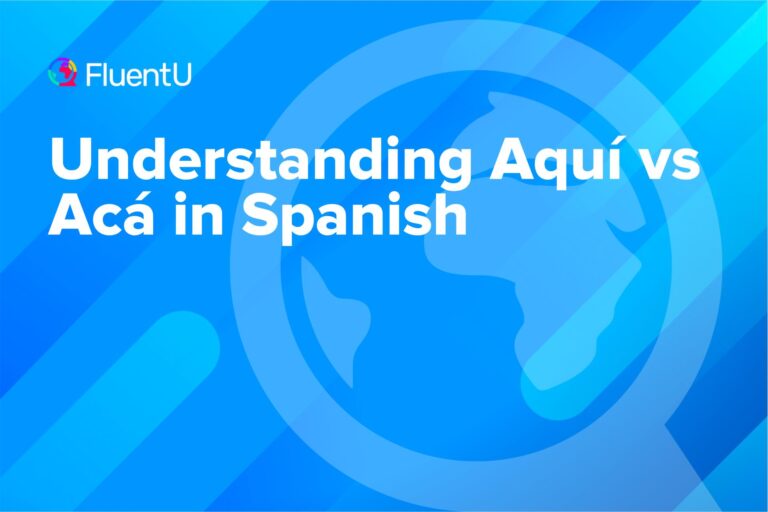Contents
- 1. “El príncipe de la niebla” (“The Prince of Mist”) by Carlos Ruiz Zafón
- 2. “La sombra del viento” (“The Shadow of the Wind”) by Carlos Ruiz Zafón
- 3. “La casa de los espíritus” (“The House of the Spirits”) by Isabel Allende
- 4. “Como agua para chocolate” (“Like Water for Chocolate”) by Laura Esquivel
- 5. “El entenado” (“The Witness”) by Juan José Saer
- Why Novels Are Important for Intermediate Spanish Learners
- What is an Intermediate-Level Novel?
- And One More Thing…
The Best Intermediate Spanish Books

As an intermediate learner it’s very common to reach a learning plateau, which is why you need to keep challenging yourself and expanding your breadth of knowledge. Novels are the absolute best way to expand your mind, broaden your knowledge and challenge your comprehension skills.
In this post, you’ll get 5 of the best intermediate Spanish novels and find out why they’re ideal for ramping up your Spanish skills.
Download: This blog post is available as a convenient and portable PDF that you can take anywhere. Click here to get a copy. (Download)
1. “El príncipe de la niebla” (“The Prince of Mist”) by Carlos Ruiz Zafón
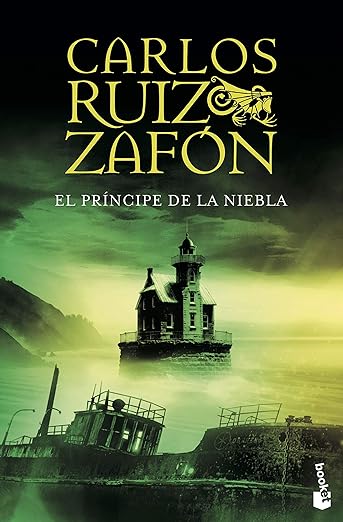
This young adult novel centers around captivating mysteries and endearing new friendships. In 1943, Max’s family retreats to the countryside to escape their war-torn home city.
He and his plucky little sister have to get used to life in a small village but quickly find themselves dealing with far-from-usual circumstances. Plagued by recurring nightmares and a strange statue, the siblings start to realize that the village is hiding something. But what?
While written for a younger audience, this novel has a downright magical ability to catch and hold anyone’s attention. Clearly and entertainingly written, you’ll have no trouble quickly flipping through this page-turner.
2. “La sombra del viento” (“The Shadow of the Wind”) by Carlos Ruiz Zafón
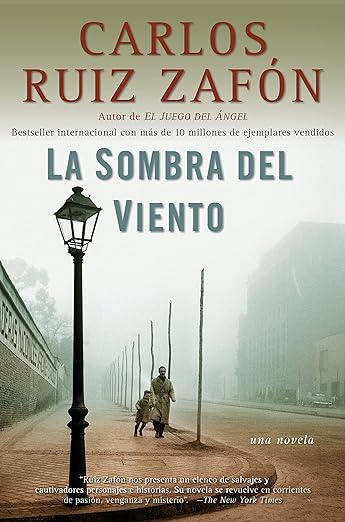
This is another recommended book from Zafón, with similar language, tone and voice. This one follows another young Spanish boy, Daniel, who’s reeling from the consequences of war. The trauma of the Spanish Civil War colors every page of the text, though this time it’s in the recent past.
Daniel discovers a book, “The Shadow of the Wind,” by a mysterious author whose books are being sought out and destroyed. Daniel reads the book and, with the aid of a friendly vagabond who was tortured during the war, investigates its nonfiction elements.
Many questions arise as we fall into a story within a story within a story, like Who is the author? and Why are his books being burned? Get ready for a good mystery with twists, turns and a satisfying conclusion.
3. “La casa de los espíritus” (“The House of the Spirits”) by Isabel Allende

Carry a candelabra through cloistered, haunted hacienda hallways and experience all the delicious drama the del Valle family has to offer. This novel packs a linguistic punch, filled with colorful, dramatic and descriptive writing.
This language is certainly befitting the intense family drama that it weaves, rife with foreign counts, soldiers, foul play, prophecies, seances, love triangles and love children. You’re sure to pick up some interesting vocabulary.
While reading, keep track of all the characters with their names, histories, connections and unique traits—write the gory details down in a notebook or in the margins, if need be. This is the most challenging novel on the list, so you should pat yourself on the back once you make it through.
4. “Como agua para chocolate” (“Like Water for Chocolate”) by Laura Esquivel
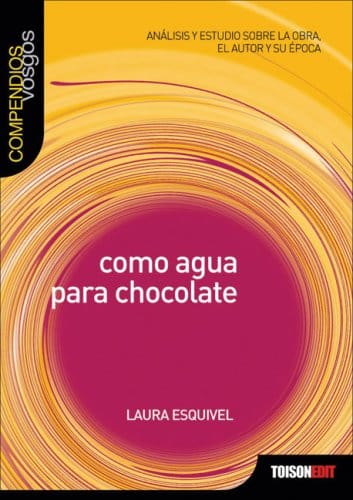
Each chapter of this novel is titled for a month of the year and then kicks off with a new Mexican recipe. This should be a delightful feature for those of you learning Spanish through culinary immersion!
The story itself follows a young Mexican woman, Tita, through her coming of age and her constant struggle to earn her independence from her traditional family. Just like in “The House of the Spirits,” you’ll find yourself once again dealing with haciendas, family drama and lingering ghosts.
The most beautiful element of the tale is perhaps the way that Tita’s emotions imprint themselves on her food like a unique seasoning and, in turn, affect the people who consume them. Read this novel if you’re looking for a story of love and self-discovery.
5. “El entenado” (“The Witness”) by Juan José Saer

This Argentine novel is extremely relevant to Spanish language learners who dream of traveling abroad or better understanding the concepts of foreignness, exoticism and the “us versus them” mentality.
The book follows a teenage cabin boy traveling with a Spanish exploration party as he crosses the ocean, journeys through a new continent and is abducted by the natives who occupy it. They’re a pretty raucous band of natives whose pastimes include murdering, cannibalizing and holding wild orgies.
This novel does away with many formal storytelling elements, as well as any preconceived notions of good and bad, right and wrong. If you think you’d like a harrowing adventure story with a unique perspective, give this one a try.
Why Novels Are Important for Intermediate Spanish Learners
Learn about culture
The Spanish-speaking world is a huge, diverse place to explore. As a beginner, you were too focused on learning the difference between ser and estar. Now, you’ve totally got the comprehension skills to go beyond the basics.
You can read challenging enough literature to get into interesting social and cultural topics. You can even appreciate the beauty and complexity of Spanish enough to see a new novel as an art form, rather than just another learning tool. Embrace that!
Lose yourself in the language
Whereas a beginner may need to carefully read a simple text line by line, an intermediate learner can loosen up enough to do some casual, relaxed reading.
Don’t stress over all the little details and missed words as you go along. By virtue of seeing words and phrases cropping up repeatedly, your brain will put the pieces together and infer the meanings from context.
The key is simply having the right novel in your hands. If the difficulty level is too high, you’ll get frustrated. If the level’s too low, you may lose interest. Intermediate novels will allow you to relax, stay engaged and enjoy the act of reading for fun.
Ingrain previously learned language
Even if the things you’ve learned are all a bit foggy in your mind, the right novels will help solidify them into real, usable knowledge.
By seeing the grammar and vocabulary you’ve learned in action repeated over and over again in the printed pages of a book, your brain will be able to confirm the correct ways to use them—and reject the incorrect ways. Forming correct Spanish sentences will become second nature for your brain.
Reading helps every other language skill
After you’ve spent enough time reading intermediate-level Spanish novels (and beyond), it’ll be much easier for you to recall and use newly acquired words, phrases and grammatical patterns in conversations and writing.
When you phrase something incorrectly, you’ll start to sense that something is wrong because you’re so subconsciously familiar with proper Spanish. That right there means your spoken Spanish and listening comprehension skills will grow.
As for writing? You’ll be surprised how often you see literature-derived Spanish words flowing from your pen (or keyboard).
What is an Intermediate-Level Novel?
So, you may be wondering what exactly defines a novel as being intermediate. This is important for you to understand, so you can continue to choose the right novels for your language level.
- Written for young adults or adults: You’re no longer in children’s book territory! Novels that fall into the intermediate range won’t contain loads of difficult language, but they’ll definitely be a step up from children’s books in terms of complexity. They’re written more to entertain and take the reader along for a narrated ride. You’ll find plenty of fun, popular modern literature that fits perfectly.
- Relatively modern language: The bulk of classic Spanish literature won’t be very comprehensible to an intermediate-level learner. You can still go ahead and venture on to more antiquated texts—you’re more than welcome. Just take a moment and think how challenging it was for you to read Mark Twain, Charles Dickens or Shakespeare for the first time in middle or high school.
- Degree of content complexity: Rather than reading about a superficial fictional romance, you may find yourself plunged into more complex social and cultural issues. The writing, overall, will touch on deeper ideas and emotions.
- Regional words and phrases: You’re no longer immune to slang. You’ll be breaking free from textbook Spanish and trying your hand at more obscure and region-specific language. However, if you need some help with specific colloquialisms, the FluentU app works like a video-based dictionary where you can watch clips from real Spanish media that show those words and phrases in context.
FluentU takes authentic videos—like music videos, movie trailers, news and inspiring talks—and turns them into personalized language learning lessons.
You can try FluentU for free for 2 weeks. Check out the website or download the iOS app or Android app.
P.S. Click here to take advantage of our current sale! (Expires at the end of this month.)

Now it’s time to take on the challenge of reading at the intermediate level.
Start by getting your hands on one of these five books today, and see just how much your skills will grow!
Then when you’re ready, you can move on to these Spanish novels for advanced learners.
Download: This blog post is available as a convenient and portable PDF that you can take anywhere. Click here to get a copy. (Download)
And One More Thing…
If you've made it this far that means you probably enjoy learning Spanish with engaging material and will then love FluentU.
Other sites use scripted content. FluentU uses a natural approach that helps you ease into the Spanish language and culture over time. You’ll learn Spanish as it’s actually spoken by real people.
FluentU has a wide variety of videos, as you can see here:

FluentU brings native videos within reach with interactive transcripts. You can tap on any word to look it up instantly. Every definition has examples that have been written to help you understand how the word is used. If you see an interesting word you don’t know, you can add it to a vocab list.

Review a complete interactive transcript under the Dialogue tab, and find words and phrases listed under Vocab.

Learn all the vocabulary in any video with FluentU’s robust learning engine. Swipe left or right to see more examples of the word you’re on.

The best part is that FluentU keeps track of the vocabulary that you’re learning, and gives you extra practice with difficult words. It'll even remind you when it’s time to review what you’ve learned. Every learner has a truly personalized experience, even if they’re learning with the same video.
Start using the FluentU website on your computer or tablet or, better yet, download the FluentU app from the iTunes or Google Play store. Click here to take advantage of our current sale! (Expires at the end of this month.)

